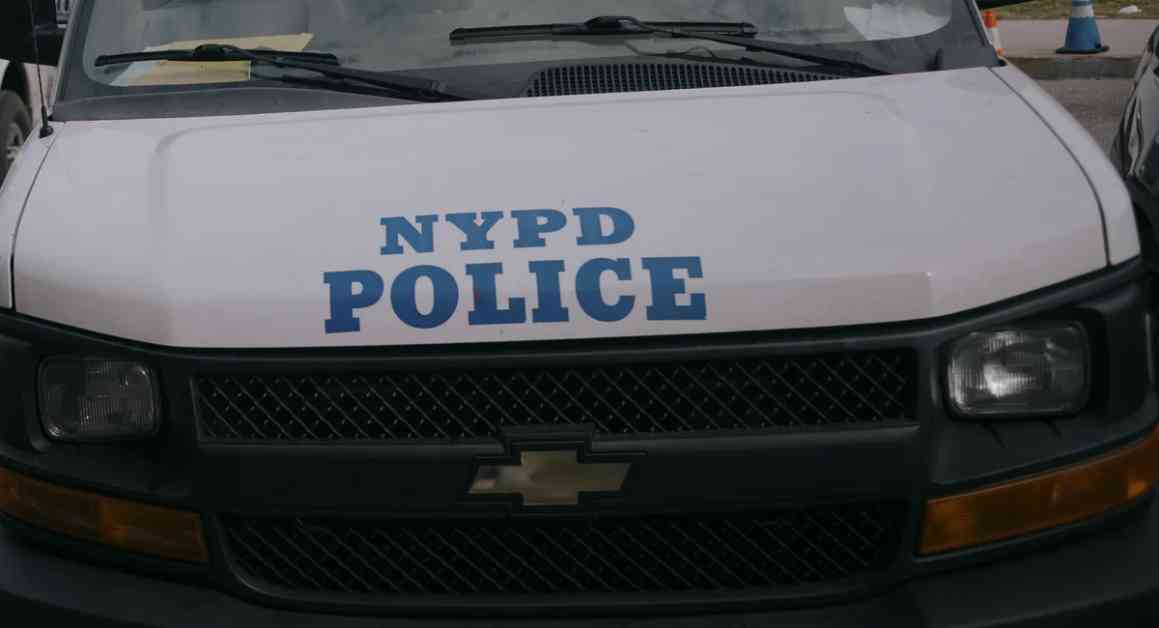An increasing number of 911 calls involving individuals experiencing mental health crises are now being directed to B-HEARD, a program in NYC that dispatches teams of social workers and emergency medical technicians instead of police officers. Last fiscal year, B-HEARD responded to nearly 15,000 calls, a significant increase from the previous year. Despite this progress, some concerns have been raised about the program’s limitations and the continued reliance on the NYPD as the primary responders.
One major issue highlighted by mental health advocates and City Council members is the criteria used to determine whether a call should be routed to B-HEARD or the NYPD. Currently, if a caller indicates that the person in question is at risk of self-harm or harming others, the case cannot be sent to B-HEARD. This restriction resulted in the disqualification of the majority of mental health calls in the B-HEARD pilot area last fiscal year.
While B-HEARD managed to respond to 75% of eligible calls in the pilot area, this only accounted for 30% of all mental health calls citywide. Advocates from the Correct Crisis Intervention Today-NYC coalition have been advocating for reforms to expand B-HEARD’s reach and decrease police involvement in mental health crises. They suggest linking B-HEARD to the 988 suicide and crisis hotline and employing peers with personal experiences in mental health issues to respond to calls.
During a recent hearing, Peggy Herrera, a Queens resident, shared her experience of calling 911 for her son during a mental health episode only to have unnecessary police involvement. Both advocates and City Council members referenced cases of individuals who have been killed by police responding to mental health calls, emphasizing the urgency of reform.
While the 988 hotline offers various resources to individuals in crisis, including counseling and mobile crisis teams, there are limitations to their emergency response capabilities. These teams may take several hours to arrive, making it challenging to provide immediate assistance in urgent situations.
In addition to the call criteria, B-HEARD is also constrained by its staffing limitations. The program currently covers 31 out of the city’s 77 precincts and operates with nine teams of social workers and emergency medical technicians. However, there are no current plans to expand staffing or reach, though officials are working on refining the program to increase its capacity.
Overall, there is a growing recognition of the need to improve the city’s response to mental health crises and reduce the reliance on law enforcement. Advocates continue to push for reforms that prioritize the well-being and safety of individuals experiencing mental health issues, emphasizing the importance of providing appropriate and timely support in these situations.

